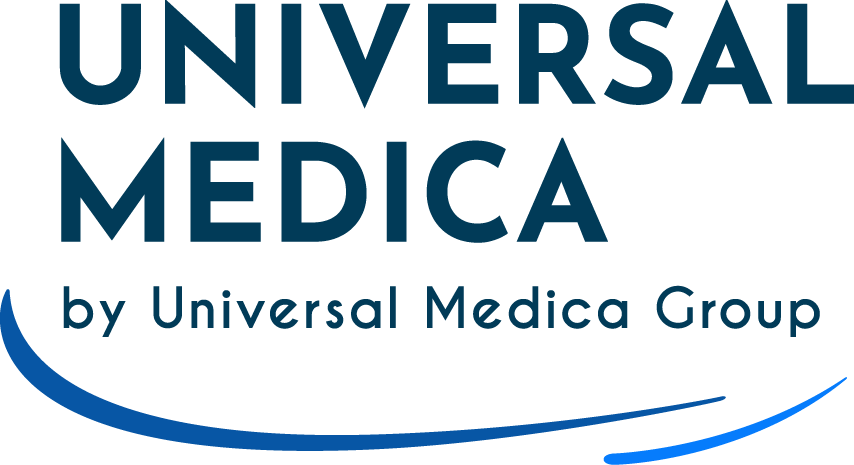The Jardé law, voted in March 2012, aims at giving a legal and statutory framework to clinical trials which involve people. Universal Medica summarizes for you the main points of the decree number 2017-884 of May 9th, 2017 which modifies certain arrangements.
Creation of 3 new categories
With the Jardé law, the “Biomedical Research (called in French RBM)” changed of name to be now called “Research Implying Human Person (called in French RIPH)”. The RIPH is divided into 3 categories according to the intervention level of each person:
CATEGORY 1: interventional researches which contain an unjustified intervention on a person by its usual coverage.
CATEGORY 2: interventional researches at minimal risks which contain only minimal risks and constraints (list fixed by the Minister for Health and after notice of the ANSM director – ANSM stands for National Security Agency of Medicines and Health Products or in french l’Agence Nationale de Sécurité du Médicament et des Produits de Santé). This category was formerly called “common care researches”.
CATEGORY 3: non-interventional researches in which all acts are practiced and all products are used in a usual way, without additional or unusual procedure of diagnosis, treatment or supervision.
The retrospective non-interventional research (concerning medical files, and not the people) does not enter the Jardé law.
Statutory steps
1/. Institutional review board (IRB)
All researches are presented to a IRB with random designation by drawing lots. The IRB becomes the only ethical authority for all RIPH with a request of compulsory favorable opinion for the 3 categories of researches.
2/. ANSM – National Security Agency of Medicines and Health Products
All RIPH are broadcasted in a public directory: n° ID-RCB (presented to the ANSM). The ANSM authorization request is compulsory only for category 1 researches. For category 2 and 3 researches, it is necessary to send to the ASNM a copy of the favorable opinion of the IRB and the summary of the research.
3/. The Chair of the French data protection authority (CNIL – Commission Nationale de l’Informatique et des Libertés)
With the implementation of reference methodologies, declaration procedures to the CNIL are simplified in the realization of a conformity commitment with:
- • RM-001 for category 1and 2 researches
- • RM-003 for category 3 researches
4/. Insurance
The subscription of an insurance is compulsory for category 1 and 2 researches but not for category 3 researches.
Methods of consent
The Jardé law adopts an approach based on the risk: the more the risk incurred for the subject is important, the stronger the legal frame of the consent will be. The methods of consent vary according to the degree of the study intervention:
CATEGORY 1: consent is free, enlightened and collected by written.
CATEGORY 2: consent is free, enlightened and expressed (written or oral). The consent is not obligatory collected by written since it is expressed.
CATEGORY 3: the non-opposition of the person is enough.
Reinforced vigilance
There is no change in the definitions of UE/UGE (Unwanted/Grave Event), nor in the criteria of gravity. However the definition of a new safety fact is modified. For trials concerning the 1st administration/use of a healthcare product, the protection of the healthy volunteers is reinforced: any unwanted grave effect constitutes a new fact.
For all researches, the promoter declares a new fact that may threat personal safety, without delay with the ANSM and the IRB. The promoter and the investigator undertake appropriate urgent security measures in case of a UUGE (Unexpected Unwanted and Grave Effect) or of a new fact that may threat personal safety.





